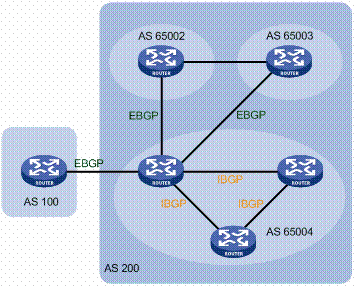The Internet inter-domain routing system is vulnerable. On the control plane, the de facto Border Gateway Protocol (BGP) does not have built-in mechanisms to authenticate routing announcements, so an adversary can announce virtually arbitrary paths to hijack network traffic; on the data plane, it is difficult to ensure that actual forwarding path complies with the control plane decisions. The community has proposed significant research to secure the routing system. Yet, existing secure BGP protocols (e.g., BGPsec) are not incrementally deployable, and existing path authorization protocols are not compatible with the current Internet routing infrastructure. In this paper, we propose FC-BGP, the first secure Internet inter-domain routing system that can simultaneously authenticate BGP announcements and validate data plane forwarding in an efficient and incrementally-deployable manner. FC-BGP is built upon a novel primitive, name Forwarding Commitment, to certify an AS's routing intent on its directly connected hops. We analyze the security benefits of FC-BGP in the Internet at different deployment rates. Further, we implement a prototype of FC-BGP and extensively evaluate it over a large-scale overlay network with 100 virtual machines deployed globally. The results demonstrate that FC-BGP saves roughly 55% of the overhead required to validate BGP announcements compared with BGPsec, and meanwhile FC-BGP introduces a small overhead for building a globally-consistent view on the desirable forwarding paths.
翻译:暂无翻译




